(Video link here.) MIT-trained strategic product designer, Mileha Soneji loves to create innovations that aren’t dependent on technology. In this short, very inspiring, TED Talk, she tells how she developed two “human centered” solutions to help her uncle who suffers from Parkinson’s disease and has a severe tremor. We love the design tools she used: empathy and keen observation.
Upon learning that her uncle no longer went to his beloved cafe because his tremor made him spill his tea, she designed a cup with an inverted curved lip that deflects the liquid back into the cup when shaken from tremors. It looks like a cup that could meant for any person, so allows the Parkinson’s sufferer to blend in.
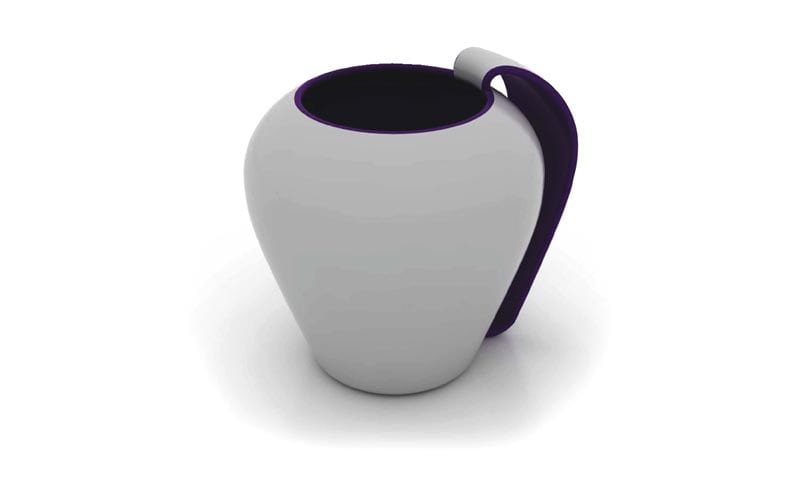
Then she observed that, although her uncle had to use a walker to keep from falling when navigating a flat floor, he was curiously very steady when going up and down stairs. She researched why this might be and learned that a feeling of continuous motion tricks the brain so that the tremors virtually disappear.
The key for me was to translate the feeling of walking on a staircase back to flat land.
In other words, using empathy, she put herself in her uncle’s shoes to imagine possible solutions.
She tried several until she finally came up with “the staircase illusion”.
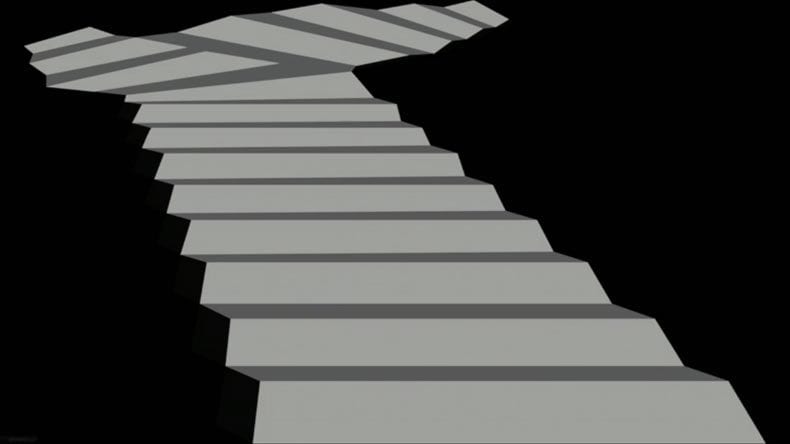
She wondered: Why not have a staircase illusion flowing through all their rooms?
Instead of thinking she needed to use technology to create a projection, a Google Glass-like device, she simply put a print of the illusion on the floor. Looking at the optical illusion gave her uncle the feeling of climbing stairs and allowed him to walk. This non-technological floor covering could be used in many situations from the home of Parkinson’s patients to hospitals.

Says Soneji:
Smart in today’s world has become synonymous with high-tech, and the world is only getting smarter and smarter day by day. But why can’t smart be something that is simple and yet effective? All we need is a little bit of empathy and some curiosity…go out there and observe.
But let’s not stop at that. Let’s find these complex problems. Don’t be scared of them. Break them. Boil them down into much smaller problems, and then find simple solutions for them. Test these solutions. Fail if needed, but with newer insights to make it better. Imagine what we all could do if we all came up with simple solutions. What would the world be like if we combined all our simple solutions? Let’s make a smarter world, but with simplicity.
We find Soneji’s wise principles of empathy and observation incredibly effective in daily life:
Let’s find these complex problems. Don’t be scared of them.
Break them.
Boil them down into much smaller problems, and then find simple solutions for them…

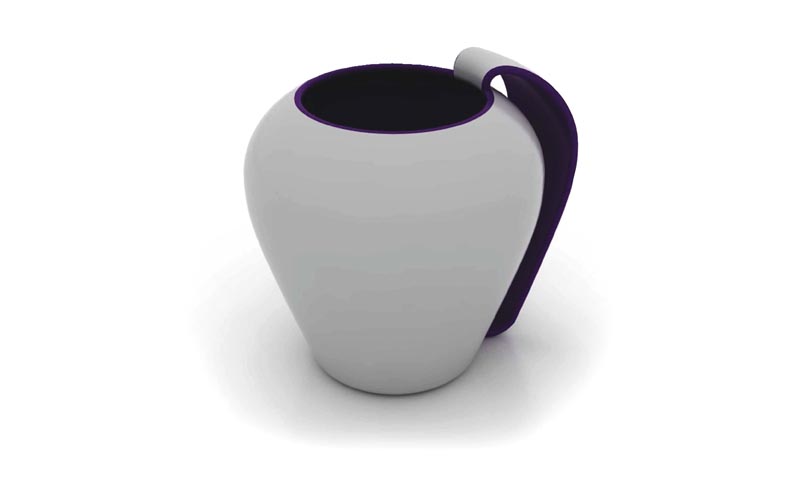

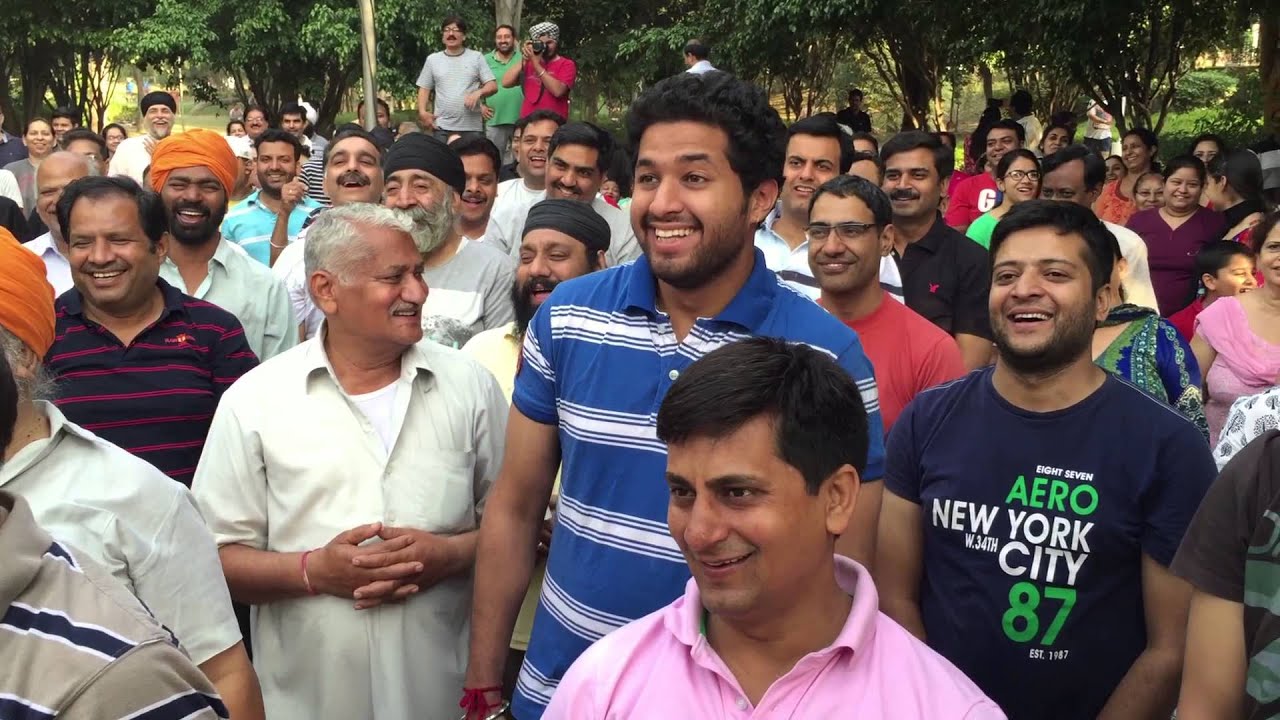
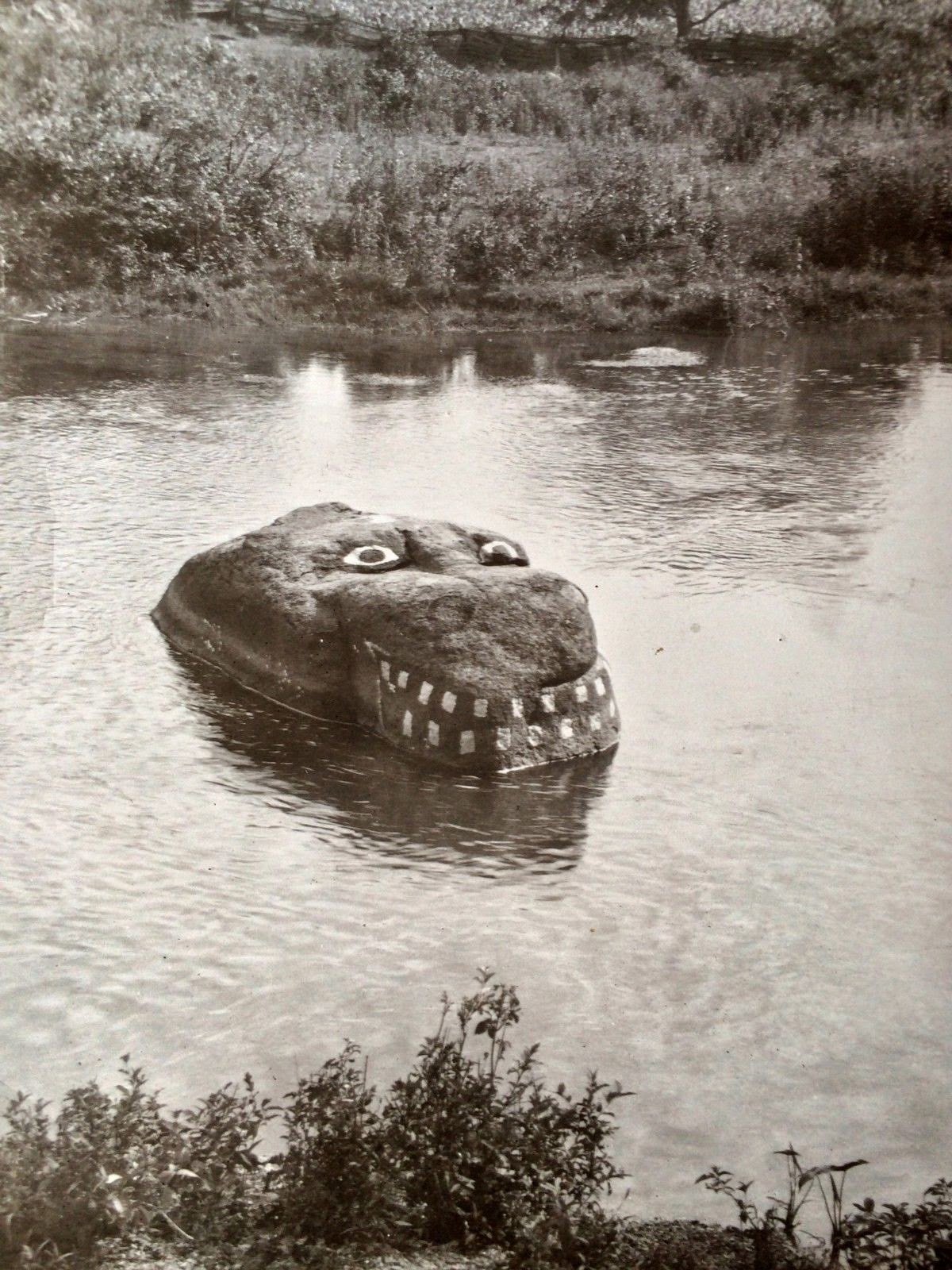
Sally,
This is so poignant to me as yesterday I was diagnosed with Parkinson’s Disease. I am beginning research on numerous products, exercises, books, etc. and this post came at a crucial time for me.
Thank you,
Jan
P.S. Where might I find one of these cups?
Jan
Dear Jan, I am so glad the example of possibility coincided with your challenging diagnosis. There are many paths to managing the disease. I have a friend who has worked with Parkinson’s people teaching them Chinese chi gong and tai chi practices that can be a great help. Look wide at ways for gentle healing.
Before I heard about Mileha, I had tea at the Rubin Museum in NYC and wondered at the cup with the curved inverted lip. I didn’t know then that it was for people with tremors. I will see if I can track it down.
Mileha’s elegant cup doesn’t seem to be for sale yet. But it occurs to me that it could easily be made by a potter.
Also, it is much the shape of a small vase, that, if you found one that was comfortable to hold, you could repurpose it as a coffee cup. Something roughly along the lines of this one. http://amzn.to/2pwqgpl
Here is one I found online, called the Kangaroo Cup http://www.imagiroo.com/
Will keep you posted about what I find.
Thank you, Sally, for your kind words of encouragement and suggestions. Those are new options I will consider.
Jan
Where can I purchase these staircase illusion floor graphics? Thank you!!
I haven’t yet found any to purchse. It would be possible to make them using tape…
Were shall I get this floor mat illusion staircases please.
Help me
I don’t know if it is available to buy; we were just reporting on it. You might try contacting Mileha Soneji, the designer, through LinkedIn.